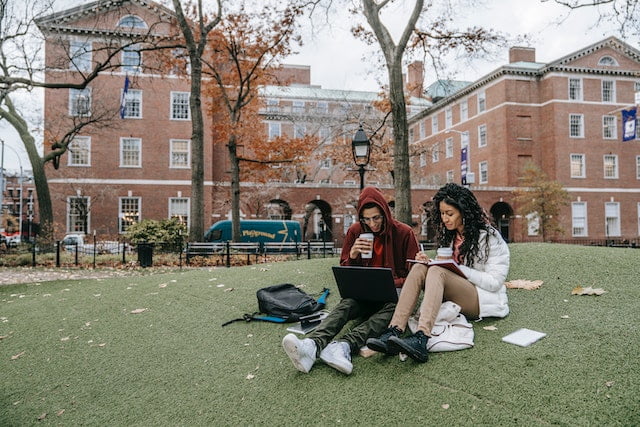
Beyond Borders: A Complete Guide to Studying Abroad as an Indian Student
Studying abroad can be an exciting and life-changing experience for Indian students. However, it can also be a daunting task, with a lot of paperwork, research, and planning involved. This blog post will provide a complete guide to studying abroad as an Indian student.
1. Research
The first step is to research the universities and programs that you are interested in. Consider factors such as the program curriculum, faculty, location, cost, and scholarship opportunities.
2. Entrance Exams
Most universities abroad require standardized test scores, such as the GRE, GMAT, or TOEFL. Research the specific entrance exam requirements for the universities and programs you are interested in and prepare accordingly.
3. Application Process
The application process can vary by university and program. It typically involves submitting academic transcripts, test scores, essays, and letters of recommendation. Start the application process well in advance of the deadline to avoid any last-minute rush.
4. Visa Process
The visa process can be complex and time-consuming. It involves providing documentation such as financial statements, academic transcripts, and test scores. Research the specific visa requirements for the country you are planning to study in and ensure that you have all the necessary documentation in order.
5. Funding
Studying abroad can be expensive, with tuition fees, living expenses, and travel costs. Research scholarship and funding opportunities, such as government scholarships, university scholarships, and external scholarships. Start the funding search early to increase your chances of success.
6. Accommodation
Research accommodation options, such as on-campus dormitories, off-campus housing, and homestays. Consider factors such as cost, proximity to the university, and living arrangements.
7. Cultural Adjustment
Studying abroad can be a significant cultural adjustment. Research the culture and customs of the country you will be studying in, and be open to learning and experiencing new things.
8. Health and Safety
Ensure that you have health insurance and that you are aware of the health and safety risks associated with the country you will be studying in. Research local laws and customs to avoid any legal trouble.
9. Networking
Make the most of your time abroad by networking with fellow students, faculty, and professionals in your field. Attend events and seminars, join clubs and organizations, and connect with alumni.
10. Return Plan
Plan for your return to India after completing your studies abroad. Consider factors such as job opportunities, re-entry culture shock, and staying connected with your international network.
In conclusion, studying abroad as an Indian student can be a challenging but rewarding experience. By researching universities and programs, preparing for entrance exams and the application process, securing funding and accommodation, adjusting to a new culture, staying safe and healthy, networking, and planning for your return, you can make the most of your study abroad experience.
Keywords: Studying abroad, Indian students, research, entrance exams, visa process, funding, cultural adjustment, health and safety, networking, return plan.



